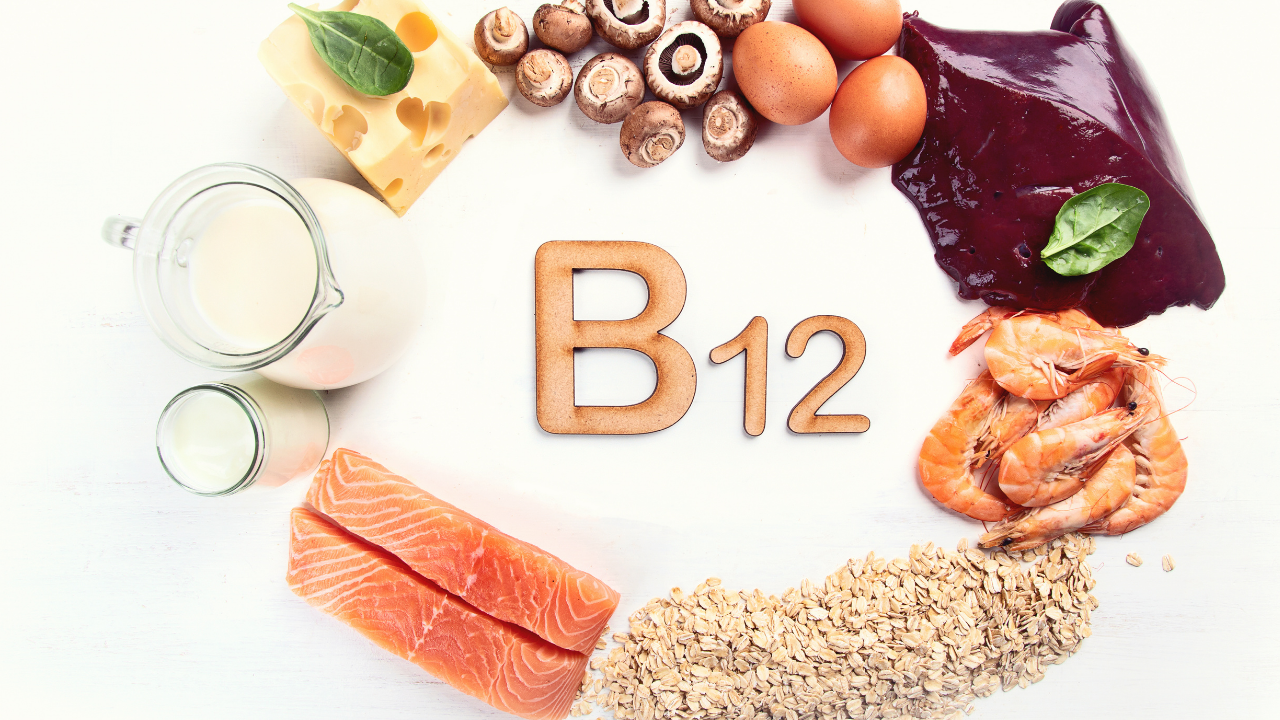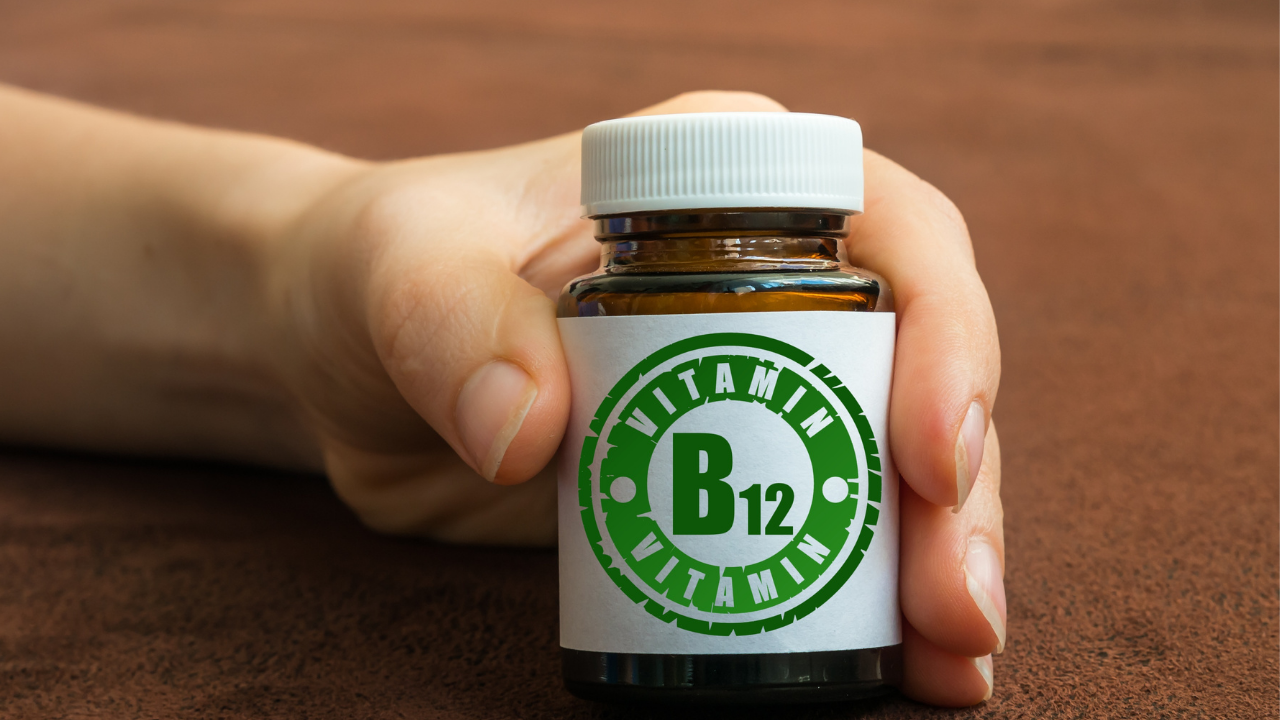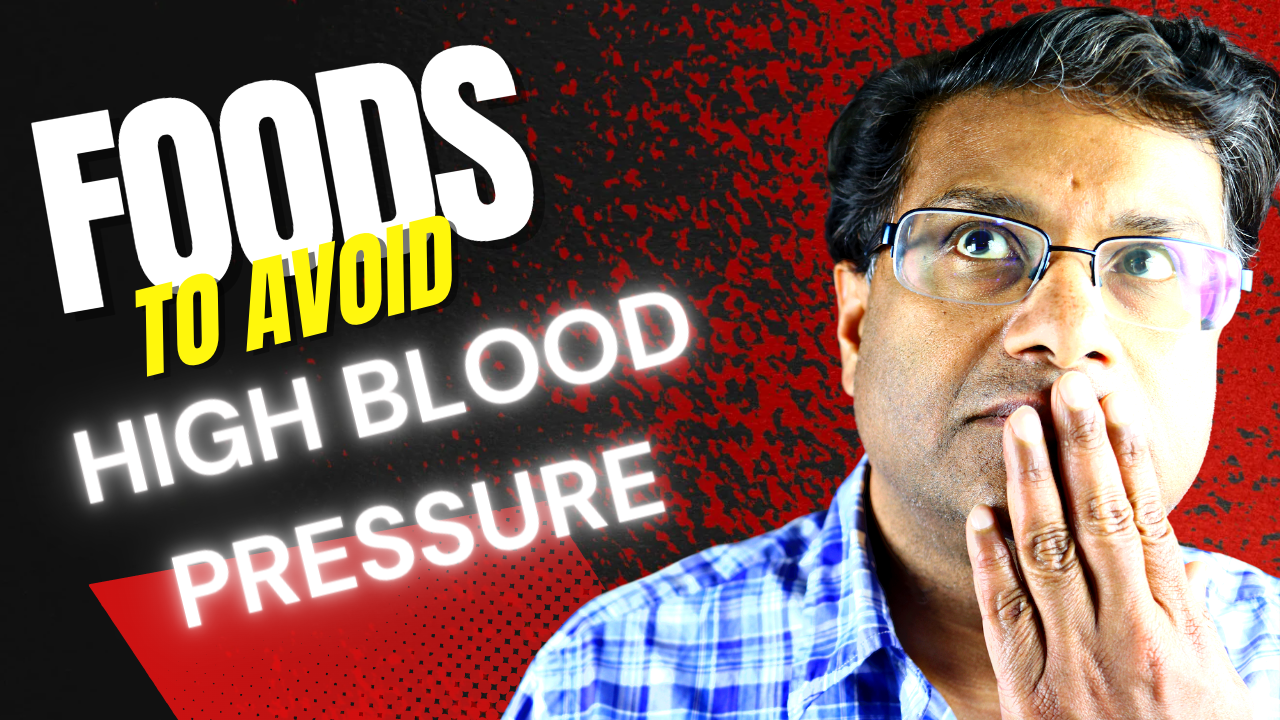 What is Vitamin B12?
What is Vitamin B12?
Vitamin B12 is a water-soluble vitamin. Vitamin B12 is also called Cobalamin.
Why is Vitamin B12 important?

Vitamin B12 is an essential nutrient. It helps make your body’s blood cells such as your red blood cells. It also helps keep your nerve cells healthy.
Vitamin B12 is important for in helping making your DNA in all your cells. This vitamin can’t be made in your body. Your source of Vitamin B12 is from food or supplements.
Nine signs and symptoms of B12 deficiency
1.Tired and weak
-
 Feeling fatigued is a common symptom.
Feeling fatigued is a common symptom. -
This is because Vitamin B12 plays a role in the production of red blood cells. Red blood cells carry oxygen to different parts of your body. If your body is not able to make enough red blood cells, your body will have a decreased supply of oxygen to different organs in your body.
-
A lack of red blood cells is also referred to as anemia.
2.Numbness and tingling in your extremities
-
 You might experience a feeling of pins and needles in your hands or feet. This is because Vitamin B12 plays a role in the production of myelin. Myelin forms around your nerve cells including your spinal cord and brain. Myelin forms an insulating sheath around your cells and makes sure your nerve cells function.
You might experience a feeling of pins and needles in your hands or feet. This is because Vitamin B12 plays a role in the production of myelin. Myelin forms around your nerve cells including your spinal cord and brain. Myelin forms an insulating sheath around your cells and makes sure your nerve cells function. -
No wonder if production is somehow interrupted you will have a sensation of pins & needles in your feet and hands.
3.Trouble walking
-
You are asking yourself how can that happen?
-
I mentioned earlier your nerve cells can get damaged because of long term B12 deficiency. The transmission of nerve signals between the spinal cord and other parts of your body are therefore compromised.
-
This can affect your balance and co-ordination and you are at an increased risk for falling. Medically, we refer to this as ataxia.
4.Mouth pain
-
B12 deficiency can lead to a large, swollen red tongue. This inflamed tongue we label as glossitis. This can be painful, and you might have difficulty speaking or even eating. Other symptoms can be the feeling of pins and needles in the tongue.Another oral sign would be the development of mouth ulcers.
5.Pale skin and yellow skin
-
If you have B12 deficiency your skin may appear pale. What if your skin is darker?
-
There are subtler ways of detecting anemia. You can look at the palms of your hands or even the inner lining membrane of your eyelids called the conjunctiva. Once again, the reason for your skin being paler is the problem of production your red blood cells. Vitamin B12, as already mentioned plays an important role in the production of these cell lines.
-
Unfortunately, because of the lack of Vitamin B12 your bone marrow builds large, fragile red blood cells which are not able to reach your circulation. This causes a type of anemia know as megaloblastic anemia. As your red blood cells are fragile and they break down it increases a substance in your body called bilirubin. This can cause your skin to turn yellow as well as the white of your eyes.
6.Blurred vision:
-
 Vitamin B12 deficiency can lead to blurry vision. This is because the nerve going to your eye called the optic nerve can be damaged.
Vitamin B12 deficiency can lead to blurry vision. This is because the nerve going to your eye called the optic nerve can be damaged. -
Nerve signals traveling to the optic nerve are interrupted. In this way your sight and vision are impaired.
7.Fast heart rate and shortness of breath
-
If you have reached this far in this article, you know that B12 deficiency causes anemia because the production red blood cells are compromised. Less red blood cells are in your circulation. This causes your heart to work more.
-
Your heart is trying to get more blood around your circulation by beating faster. This is the same reason you feel short of breath because of the lack of oxygen and because your heart is beating faster.
8.Memory problems
-
Low Vitamin B12 levels is associated with cognitive impairment.It must be said that if you do not have B12 deficiency as a pre-existing condition, B12 therapy does not improve cognition. In other words if you do have B12 deficiency cognition can be improved with appropriate supplementation. Another reason for cognitive problems is the decreased supply of oxygen to your brains.
9.Mood changes:
-
 B12 deficiency can depress your mood and cause irritability. This case study you see here looks at a 66 y/o married retired teacher. She was being treated for sadness and depression which had been going on for 6 months. In fact, she was hospitalized because her condition worsened and she had lost 30 pounds of body weight. This patient was treated with antidepressants and mood stabilizers in the Hospital and referred back to her primary care Doctor. Her work up did show very low levels of B12.
B12 deficiency can depress your mood and cause irritability. This case study you see here looks at a 66 y/o married retired teacher. She was being treated for sadness and depression which had been going on for 6 months. In fact, she was hospitalized because her condition worsened and she had lost 30 pounds of body weight. This patient was treated with antidepressants and mood stabilizers in the Hospital and referred back to her primary care Doctor. Her work up did show very low levels of B12. -
Her level ( below 100 pg/dl.) She also had an increased level of homocysteine. High levels of homocysteine can also be seen in B12 deficiency.There are theories which associate high levels of homocysteine interfering with signals being sent along your nerve cells causing neurotoxicity ie damage to your brain .Well, with our patient her medications were slowly tapered down and she was given a series of B12 injections. Her mood improved as well as her activity level and her sleep.
If you are interested in seeing the entire YouTube video click right here.
Think your health.
Sources:
-
1)https://www.uptodate.com/contents/vitamin-b12-deficiency-and-folate-folic-acid-deficiency-the-basics?search=b12%20deficiency&topicRef=7155&source=see_link
-
2)https://www.healthline.com/nutrition/vitamin-b12-deficiency-symptoms#TOC_TITLE_HDR_9
-
3)https://pubmed.ncbi.nlm.nih.gov/26376956/
-
4)https://www.ncbi.nlm.nih.gov/pmc/articles/PMC2781043/
-
5)https://pubmed.ncbi.nlm.nih.gov/22221769/
-
6)https://pubmed.ncbi.nlm.nih.gov/19231648/
-
7)https://pubmed.ncbi.nlm.nih.gov/12671582/
-
8)https://pubmed.ncbi.nlm.nih.gov/23536622/
-
9)https://ods.od.nih.gov/factsheets/VitaminB12-Consumer/
-
10)https://academic.oup.com/tropej/article/63/1/23/2525471
-
11) Video by <a href=”https://pixabay.com/users/geralt-9301/?utm_source=link-attribution&utm_medium=referral&utm_campaign=image&utm_content=564″>Gerd Altmann</a> from <a href=”https://pixabay.com/?utm_source=link-attribution&utm_medium=referral&utm_campaign=image&utm_content=564″>Pixabay</a>







